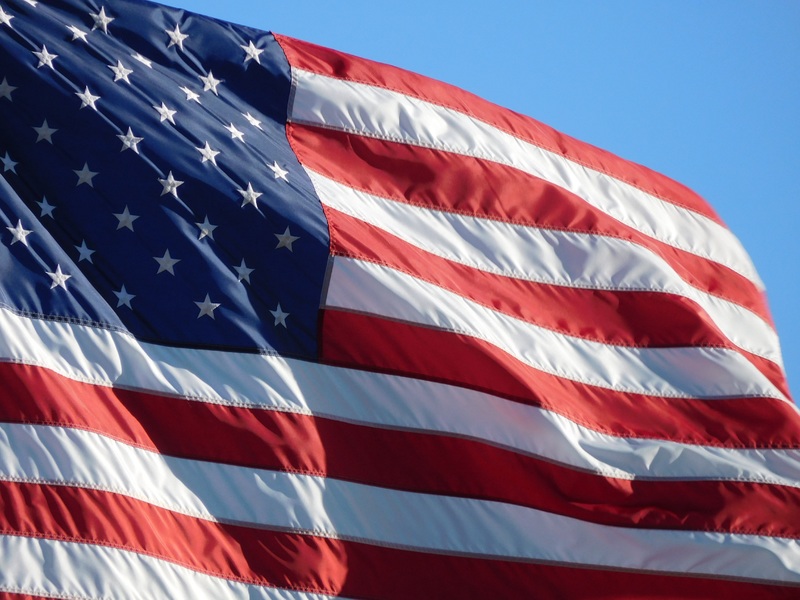Wyoming Governor Mark Gardon Advocated for State-Issued Stablecoin by July
Wyoming has chosen LayerZero as its partner to develop the state's upcoming stablecoin, as revealed during the DC Blockchain Summit.

The United States House Financial Services Committee is taking steps to inhibit the development and issuance of a central bank digital currency (CBDC) for the country.
According to a report from the Committee, Chairman Patrick McHenry stated that the committee will conduct legislative sessions on two bills related to a potential digital dollar on the 20th of September. In these sessions, called markups, lawmakers and regulators deliberate and refine the details of a bill before it proceeds to the House floor.
One of these bills, known as the Digital Dollar Pilot Prevention Act or H.R. 3712, aims to impede the Federal Reserve’s ability to initiate pilot programs for testing CBDCs without prior approval from Congress. Representative Alex Mooney introduced this legislation back in May.
The Federal Reserve has announced that it has not made a decision on whether to issue a CBDC yet, stating that that move would require authorisation first through legislation. While that is the case, the Federal Reserve of San Francisco has also been actively seeking technical experts for a CBDC project over the past few months, indicating that the idea of a digital dollar remains under consideration.
The second bill focuses on amending the Federal Reserve Act to stop Federal Reserve banks from offering specific products or services directly to individuals. It also aims to restrict the use of CBDCs for monetary policy and other purposes. The bill states: “A Federal reserve bank shall not offer a central bank digital currency, or any digital asset that is substantially similar under any other name or label, indirectly to an individual through a financial institution or other intermediary.”
The concept of a digital dollar has sparked debates in the United States. Prominent figures, including presidential candidates Robert F. Kennedy Jr. and Ron DeSantis, have expressed concerns that the potential introduction of a CBDC would bring risk to both the financial landscape of the country as well as worries related to financial privacy. While there are those against the concept, there are proponents of CBDCs who argue that they could help the United States maintain the global relevance of the US dollar and promote wider adoption of cryptocurrencies.
Wyoming has chosen LayerZero as its partner to develop the state's upcoming stablecoin, as revealed during the DC Blockchain Summit.
North Carolina legislators have put forward 5% of state retirement funds to be invested in cryptocurrency assets.
Oklahoma's State House of Representatives approved the Strategic BTC Reserve Act, moving the state closer to establishing a BTC reserve.
Bitget Wallet’s latest report reveals that 37% of users view security concerns as the main barrier to cryptocurrency payment adoption.